Starting an Esports team involves several crucial expenses. From player salaries and equipment to competition fees and marketing, the costs can add up quickly.
This article will break down the key components of launching an Esports team and explore the financial aspects that aspiring team owners should consider.
How Much Does It Cost to Start an Esports Team?
The cost to start an Esports team can vary significantly based on factors like team size, game title, and ambitions. A small-scale amateur team might need around $5,000 to $10,000 for basic equipment, entry fees, and travel expenses.
On the other hand, a more ambitious professional team can require $100,000 to $1,000,000 for player salaries, coaches, analysts, sponsorships, and marketing efforts.
What is Esports?
Esports, also known as electronic sports or competitive gaming, is a form of organized video game competition where professional players and teams compete against each other in multiplayer video games.
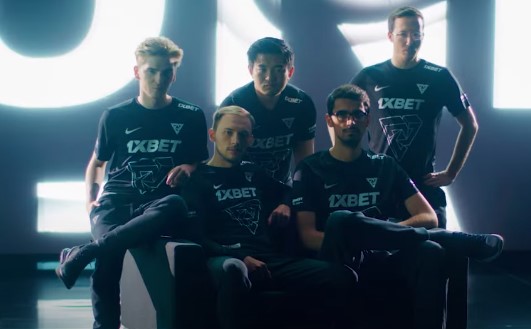
These competitions are often held at both local and international levels, with participants competing for prestige, recognition, and significant cash prizes.
Esports has gained immense popularity in recent years, with millions of fans and a thriving industry that includes professional players, team organizations, sponsorships, and large-scale tournaments.
Why is It So Expensive to Maintain an Esports Team?
Maintaining an Esports team is a complex endeavor that demands substantial financial investments. From player salaries to state-of-the-art equipment, marketing efforts, and travel expenses, the costs associated with running an Esports team can quickly escalate.
Below are the key factors that contribute to the high expenses of maintaining an Esports team.
Player Salaries and Contracts
One of the most significant expenses in Esports is player salaries. Top-tier players with exceptional skills and a strong following can demand substantial salaries to join a team.
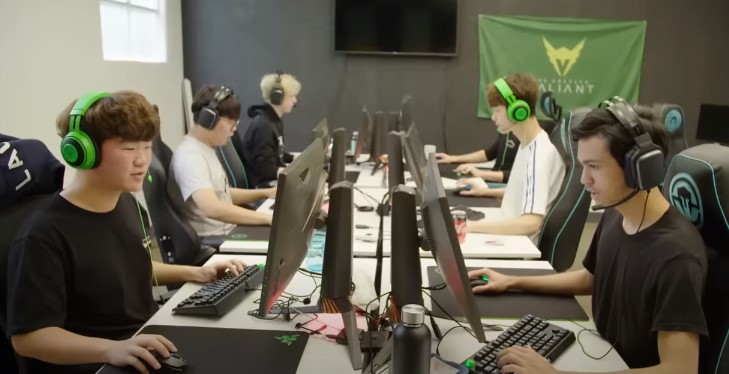
These skilled gamers are often in high demand, and teams must offer competitive compensation to attract and retain talent. Moreover, long-term contracts with star players often come with considerable signing bonuses and performance incentives, further driving up costs.
For professional players, gaming is not merely a hobby but a full-time career, and teams must invest in their talents to ensure long-term success.
Equipment and Gaming Infrastructure
Esports demands high-quality gaming equipment to ensure optimal performance. Cutting-edge gaming PCs, peripherals like keyboards and mice, headsets, and high-resolution monitors are essential for players to compete at their best.
Regular upgrades to keep up with the latest technology and gaming advancements are necessary to maintain a competitive edge. Additionally, teams require backup equipment to handle unforeseen hardware failures during crucial matches.
The constant need to upgrade and maintain this equipment adds to the ongoing expenses, making it a considerable investment for E-Sports organizations.
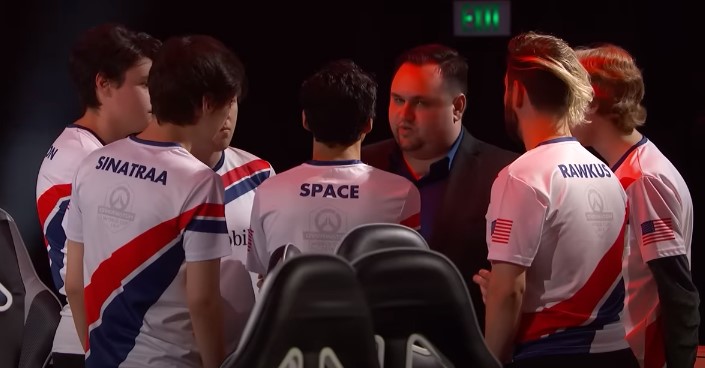
Coaching and Support Staff
Successful Esports teams often employ experienced coaches, analysts, and support staff to improve player performance, strategy, and overall team dynamics. Coaches play a crucial role in guiding players, analyzing opponents’ gameplay, and developing winning strategies.
Analysts analyze gameplay data to identify strengths, weaknesses, and areas for improvement. Support staff handles various tasks, such as scheduling, logistics, and administrative duties, to ensure the team can focus on training and competing.
Hiring and retaining talented coaching and support staff come with significant costs, but they are essential for honing skills and achieving better results.
Team Housing and Facilities
Professional Esports teams typically provide team houses or gaming facilities where players can live, train, and collaborate. These dedicated spaces create a conducive environment for practice, teamwork, and camaraderie.
Renting or owning such facilities incurs ongoing expenses, including rent or mortgage [1], utility bills, maintenance, and furnishing costs. Ensuring that these facilities are equipped with high-speed internet and all the necessary amenities further adds to the expenses.
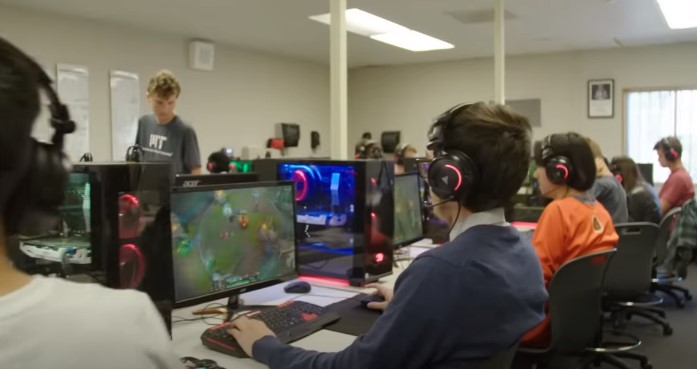
Travel and Tournament Expenses
Participating in Esports tournaments requires extensive travel, accommodation, and logistical arrangements. From regional competitions to international events, teams need to travel frequently to compete against the best opponents.
Flights, accommodations, and ground transportation can be costly, especially for teams competing globally. Additionally, registration fees for entering tournaments can be substantial, and attending high-profile events may require higher entry fees.
Teams may also need to allocate funds for practicing in boot camps before major tournaments to enhance their performance.
Marketing and Sponsorships
Building and maintaining a brand for the team requires marketing efforts and sponsorships. Esports teams often invest in promotional materials, social media campaigns, and content creation to engage with fans and attract new audiences. Securing sponsorships is crucial to offset some of the expenses.
However, obtaining sponsorships can be a competitive and challenging process, especially for newer or less established teams. Teams need to demonstrate their value to potential sponsors and offer a compelling return on investment to secure lucrative partnerships.
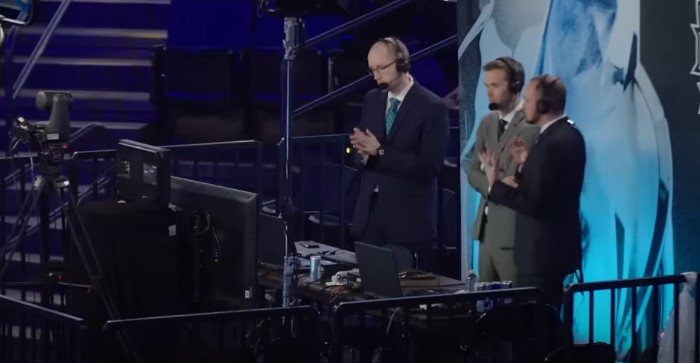
Maintaining an Esports team is a costly undertaking, mainly due to player salaries, equipment, coaching, team facilities, travel, and marketing efforts. While the expenses are significant, the potential for success, recognition, and lucrative rewards in the booming Esports industry makes these investments a necessary and viable pursuit for passionate team owners and stakeholders.
Is It Worth It to Start an Esports Team?
Starting an Esports team can be worth it for those passionate about gaming, seeking recognition, and willing to invest in a growing industry. While the initial costs can be significant, success in Esports can lead to lucrative rewards, sponsorships, and a dedicated fan base.
However, it requires careful planning, dedication, and the ability to navigate a competitive landscape. As the Esports industry continues to expand, opportunities for growth and exposure are more accessible, making it an attractive venture for those with a strong business strategy and a talented team.
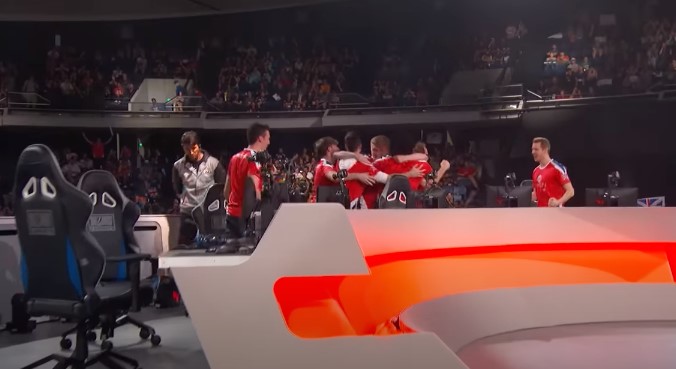
Ultimately, the decision to start an Esports team depends on one’s long-term vision, commitment, and willingness to embrace the challenges that come with being part of this exciting and dynamic field.
Conclusion
Starting an Esports team demands varying initial investments, ranging from thousands to millions of dollars. Key factors such as team size, ambitions, player salaries, equipment, and marketing determine the overall cost.
It’s essential to plan carefully and assess the potential returns before venturing into this competitive industry.

